7th ASFSFM SCIENTIFIC COMMITTEE PROFILES
Dr. Barry Logan

Senior Vice President, Forensic Science Initiatives, Chief Scientist, NMS
Dr. Barry Logan is Sr. Vice President of Forensic Sciences, and Chief Scientist for NMS Labs. He is also Executive Director at the non-profit Center for Forensic Science Research and Education (CFSRE) at the Fredric Rieder’s Family Foundation in Willow Grove, Pennsylvania. Dr. Logan is a Fellow of the American Board of Forensic Toxicologists (ABFT) and has over 200 publications in forensic toxicology and chemistry, including work on the effects of illicit and prescription drugs on drivers, and drug caused and related death. His current research priorities are focused on new drug surveillance and trends, the polydrug crisis, and the analytical and interpretive toxicology and chemistry of novel psychoactive substances, founding www.NPSDiscovery.org in 2018.
Dr. Logan has academic appointments at Indiana University, Arcadia University, and Thomas Jefferson University in Philadelphia. He serves on the Advisory Board for NIDA’s National Drug Early Warning System (NDEWS). In recognition of his work and contributions, Dr. Logan received TIAFT’s Alan Curry Award in 2022 and is a past President of the American Academy of Forensic Sciences (AAFS).
Professor Niamh NicDaeid
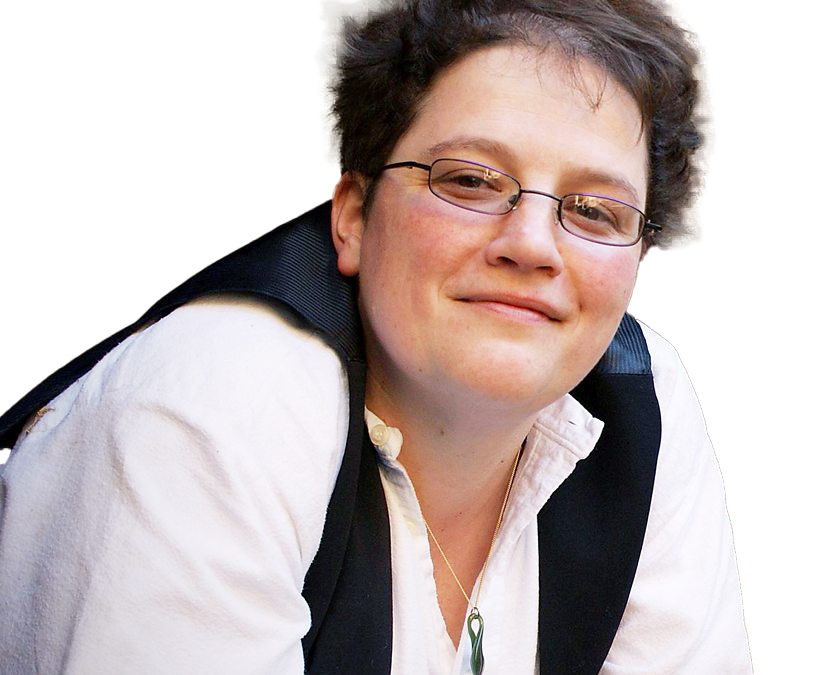
Director, Leverhulme Research Centre for Forensic Science, University of Dundee. UK
Professor Niamh Nic Daeid is a Professor of Forensic Science and Director of the Leverhulme Research Centre for Forensic Science at the University of Dundee. She has been involved in forensic science education, research and casework for over 30 years. She is a Fellow of the Royal Society of Edinburgh and holds fellowships of the Royal Society of Chemistry, the Chartered Society of Forensic Science, the Institute of Chemistry of Ireland, the Royal Statistical Society and the UK Association of Fire Investigators. She is a registered forensic practitioner with the National Crime Agency and is authorized as a Forensic Chemist under the Criminal Procedure (Scotland) Act 1995. She has worked on many forensic cases particularly in fire investigation.
Major General Eid Al-Awaihan
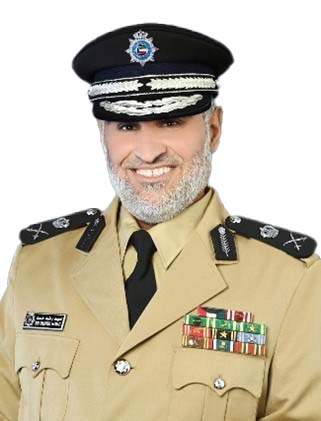
Director General Criminal Evidence Department, Kuwait
Major General Eid Rashid Al-Owihan Al-Anzi is a distinguished Kuwaiti expert in criminal investigations with over 35 years of field experience in crime scene investigation and forensic science. He has spent his entire career in Kuwait, where he completed his studies, graduated, and worked in various roles related to law enforcement and criminal investigations. He served as the General Director of The General Department of Criminal Evidence in Kuwait for 5 years. He is also the Leader of Kuwait’s Prisoners of War and Missing team that is responsible for exhuming the graves and identifying the identity of the remains. He has been a team member since its establishment in 2003. Throughout his career, Maj. Gen. Al-Owihan has actively participated in numerous conferences and served on multiple committees, including an international committee with the International Red Cross focusing on the protection of cultural heritage and artifacts. He has worked as a crime scene investigation specialist and fingerprint analyst and as an instructor, delivering specialized training in forensic science. His lectures have taken place in various institutions, including the Naif Arab University for Security Sciences. In addition to his hands-on experience, Maj. Gen. Al-Owihan is also an accomplished author with three published books on criminal evidence, crime scene investigation, and forensic science. He has contributed to the development of the field through his teaching in various military and police academies across Kuwait.
Dr. Abdul Aziz Abdulmohsen A. Aldlgan
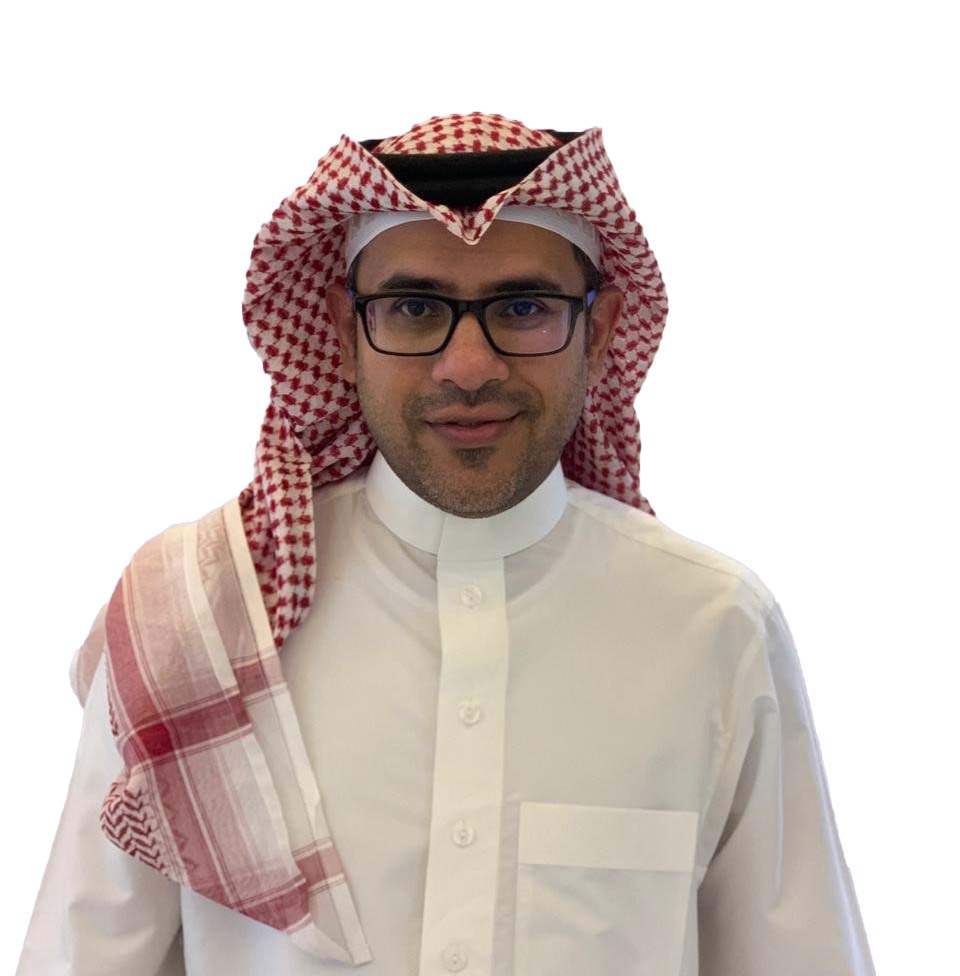
Section Head of Toxicology Lab at Security Forces Hospital
Dr. Abdulaziz Aldlgan is Consultant in Forensic Toxicology and Section Head of Toxicology Lab at Security Forces Hospital, Riyadh. He has a Masters in Toxicology from Birmingham University and PhD in Forensic Toxicology from Glasgow University, UK. He has expertise in analytical aspects of drugs of abuse and Novel Psychoactive Substances. He is the Chairman of the Committee of the Toxicology at Medical Services Division overseeing drugs of abuse testing services at Saudi Ministry of Interior. He has contributed to forensic toxicology at International and National forums with high recognition.
Professor Zeno Geradts

Professor on Forensic Data Science at the University of Amsterdam
Professor Zeno Geradts is a senior forensic scientist in the department of Digital and Biometric Traces at the Netherlands Forensic Science Institute and is also a full professor on Forensic Data Science at the University of Amsterdam. He has edited a book on AI in Forensic Science and is also Director of the ICAI AI4Forensics lab. One of his specialties is deepfake detection, though he is also specialized in cutting edge research in forensic data science. He is active in casework as an expert witness and projects in digital evidence. He has authored many papers. He is the chair of the ENFSI Forensic IT working group. He is also the Past President of the American Academy of Forensic Science 2020-2021.
Dr. Huda Mustafa A. Hassan
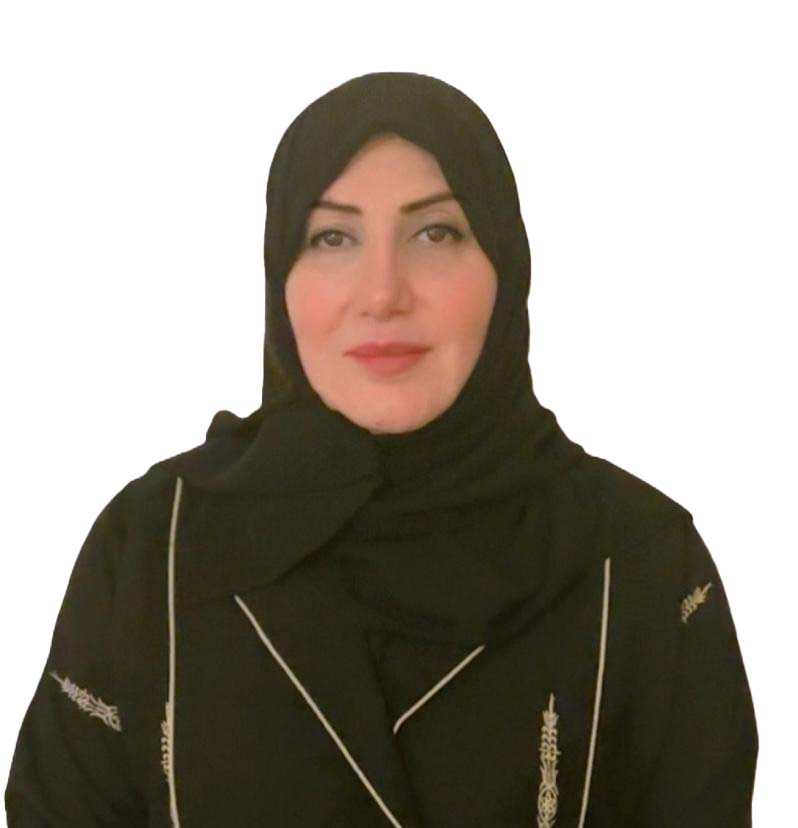
Consultant Forensic Toxicologist in the Ministry of Health
Dr. Huda Hassan is a prominent forensic toxicologist within the Kingdom of Saudi Arabia. She is a consultant Forensic Toxicologist in the Ministry of Health. She has years of experience as a clinical scientist and technical director of Toxicology and Bioanalysis under the department of pathology and laboratory medicine. Dr. Huda is certified as College of American Pathologist (CAP) Inspector in forensic and clinical chemistry laboratories. She has extensive technical experience in developing advanced methodologies and analytical method validations in the field of analytical forensic Toxicology and clinical chemistry. Dr. Huda has published widely and has gained several international and national awards as a distinguished researcher. She is a member of several national and international Forensic Toxicology and clinical Chemistry societies (SSFM, SSCC, SOFT, TIAFT, STS, ASWGFT).
Distinguished Professor Claude Roux
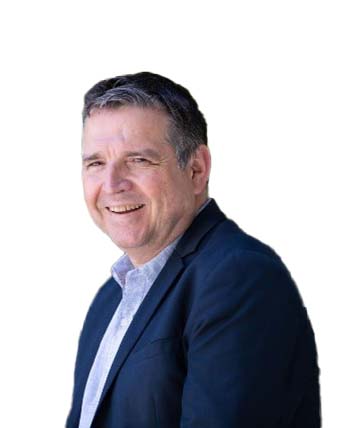
Distinguished Professor of Forensic Science and Director of the UTS Centre for Forensic Science.
Claude Roux established the first Australian forensic science undergraduate and PhD programs at UTS in 1996. He is currently a Distinguished Professor and Director of the UTS Centre for Forensic Science. His diverse research interests span microtraces, documents, fingerprints, and forensic intelligence. Driven by a vision of forensic science as a holistic academic discipline, he has published extensively. Roux has authored over 200 papers and book chapters, receiving more than 20 awards for research and teaching. He maintains strong collaborations with forensic and government agencies both nationally and internationally. He serves as Editor in Chief of WIREs Forensic Science and is on the editorial boards of six journals. Roux is the immediate Past-President of the International Association of Forensic Sciences. He also holds leadership positions in the Australian Academy of Forensic Sciences and other professional bodies
Professor Ralph BouHaidar
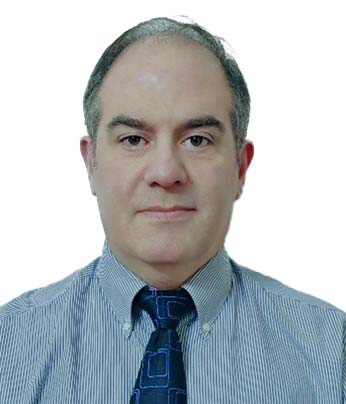
Professor of Forensic Pathology at Edinburgh University.
Professor BouHaidar holds the Personal Chair of Forensic Pathology at the University of Edinburgh and is a Consultant Forensic Pathologist in Edinburgh and Glasgow. In addition to his extensive undergraduate and postgraduate teaching and training experience, he was the Training Program Director for Forensic Histopathology in Scotland and is currently the Associate Postgraduate Dean for Diagnostics (Radiology and Histopathology) in the West of Scotland. Ralph is an external and internal examiner for several universities as well as a senior examiner for the Royal College of Pathologists and previously the Society of Apothecaries. He sits on numerous local and national committees and is the Chair of the Specialist Advisory Committee (Forensic Histopathology) of the Royal College of Pathologists. Prof. BouHaidar leads CBRN and DVI and is the first pathologist to apply PMCT in Scotland. He is a consultant for the International Committee of the Red Cross and is commonly involved in international work. His main current research interests are in simulation training and the use of technology in Forensic Pathology.
Professor Walther Parson
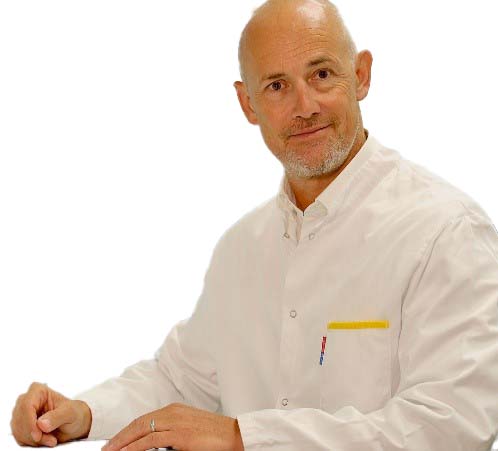
Professor at the Institute of Legal Medicine,Medical University of Innsbruck, Austria
Professor Walther Parson holds an associate professorship at the Institute of Legal Medicine, Medical University of Innsbruck, Austria and an adjunct professorship at the Penn State University, PA, USA. Together with his colleagues he set up the Austrian National DNA Database Laboratory in 1997 in Innsbruck, where he currently supervises the High Through-put DNA Database Laboratory and the research group Forensic Genomics.
Professor Parson represents Austria in the European Network of Forensic Science Institutes (ENFSI) DNA Working Group, serves as board member the European DNA Profiling Group (EDNAP) and is an elected active member of the National Academy of Sciences Leopoldina. He served as President of the International Society for Forensic Genetics (ISFG) from 2015-2019 and has been elected Secretary in 2025. His research focuses on various fields of genetics and genomics, including forensic, medical and population genetics and he entertains collaborations with other fields of research such as anthropology, archaeology, ethics, history and mathematics.
His group was repeatedly consigned to handle international requests on Forensic DNA fingerprinting of victims of mass fatalities (e.g., the 2004 Tsunami, the 1973 victims Chile, the 2014 Missing Mexican students), international human identification cases (e.g., the Russian Tsar family Romanov) and identification of individuals of historic interest (e.g., Friedrich von Schiller, Wolfgang Amadeus Mozart, Kaspar Hauser).
With his team he developed (1999-2006) and has since been curating the EDNAP Mitochondrial DNA Population Database (EMPOP; https://empop.online), the world’s largest forensic mitochondrial DNA database for forensic purposes.
Professor Parson received the Scientific Award of the German Society of Legal Medicine (DGRM) in 2004 and the Scientific Award of the ISFG in 2005. He has co-authored more than 500 scientific publications that were cited more than 20k times.
Dr. Kirk Yeager

Chief Explosives Scientist, Federal Bureau of Investigation
Dr. Kirk Yeager received his B.S. in Chemistry from Lafayette College and PhD in Inorganic Chemistry from Cornell University. He worked as a research scientist and Associate Director of R&D at the Energetic Materials Research and Testing Center (EMRTC). While in the Land of Enchantment he also held the position of Adjunct Professor in the New Mexico Tech chemistry department.
For 10 years he served as a Physical Scientist/Forensic Examiner for the FBI Laboratory’s Explosives Unit where he deployed as a bombing crime scene investigator to dozens of countries. Currently he is the FBI’s Chief Explosives Scientist.
Dr. Yeager has approximately 30 years of experience with explosives and IED’s, has presented over 250 talks at international meetings and conferences, has produced over 80 specialty publications in the area of explosives and IED’s (to include 4 book chapters).
Over the course of his colorful career, he has:
- • Held the position of adjunct professor at multiple universities
- • Consulted as a technical advisor for the Mythbusters
- • Been the subject of a feature article in Popular Mechanics
- • Created his own personal IMDb page
- • Become a published non-fiction author
He is an avid geocacher and holds the rank of Black Belt in Dan Zan Ryu Ju-Jutsu. His academic prowess is surpassed only by his charm and humility.
Dr. Majed Alshamaileh
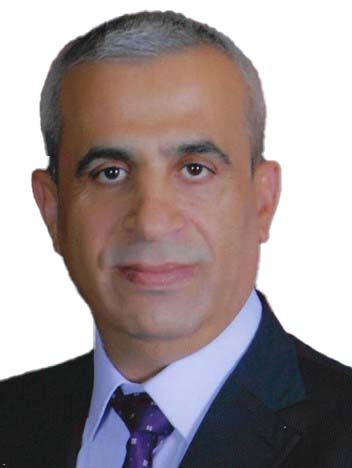
Director General at the National Institute of Forensic Medicine, Jordan
Dr. Majed Alshamaileh is a specialist in forensic medicine and toxicology. He holds a Bachelor of Medicine and Surgery from Jordan, a board certification in Forensic Medicine from the Jordanian Medical Council, and a PhD in Forensic Science from the UK. As the Head of the National Institute of Forensic Medicine in Jordan and the leader of the Forensic Medicine Specialty at the Ministry of Health, Dr. Alshamaileh plays a key role in overseeing forensic investigations and establishing national forensic standards. In addition to his leadership roles, he is a certified medical expert, frequently providing expert testimony in court, particularly in medical liability cases. Dr. Alshamaileh also serves as a member of the medical liability sub-committee, contributing to decisions that impact medical accountability.
Professor Allan Jamieson
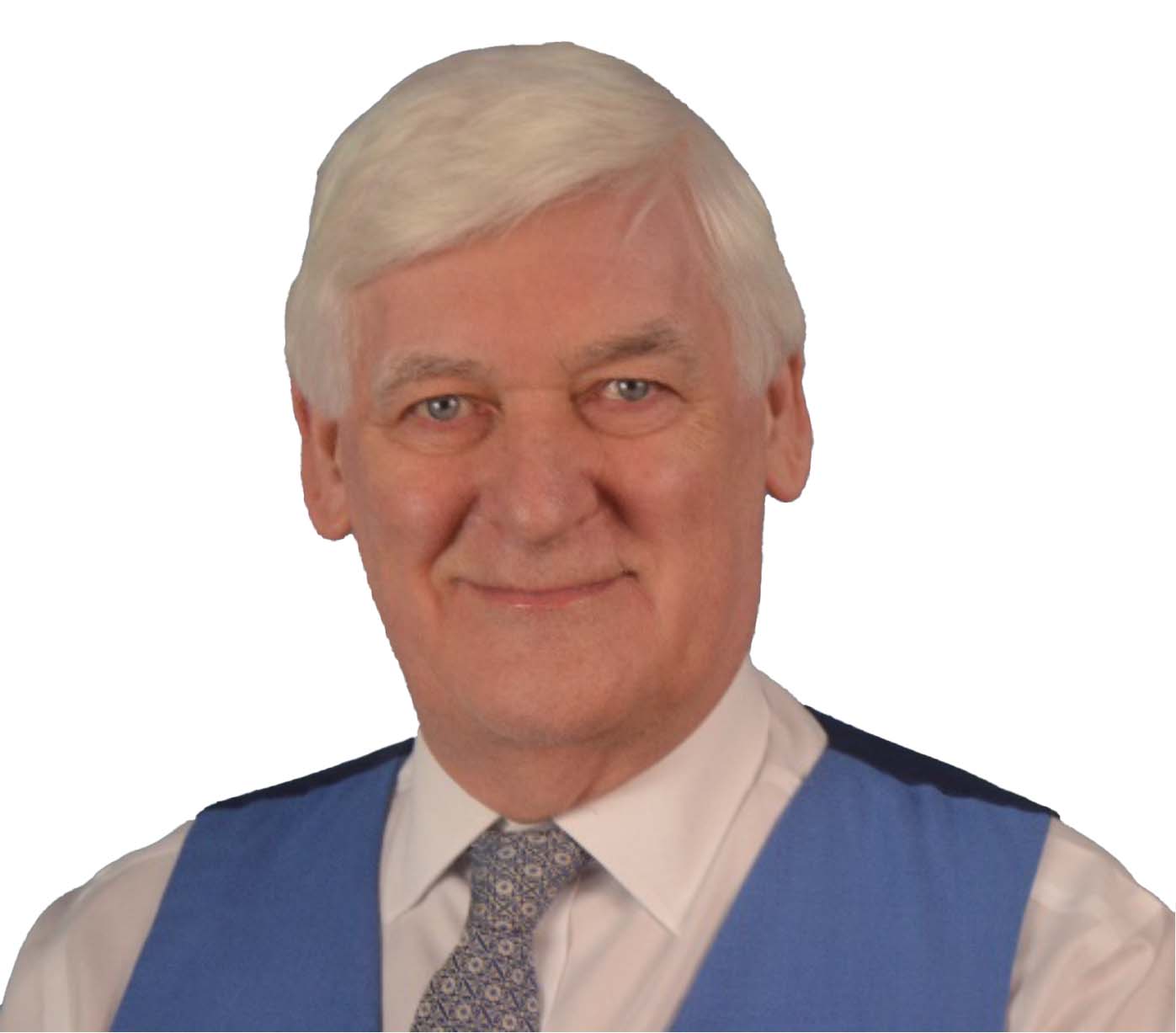
Director of the Forensic Institute ,Glasgow
Prof Allan Jameison is the director of the Forensic Institute Glasgow, UK. He has provided written evidence and advice in over 1000 criminal cases in England, Wales, Northern Ireland, Scotland, Republic of Ireland, Gibraltar, USA, New Zealand, Cyprus, and Australia. These cases included evidence on LTDNA in the Omagh Bomb trial of Sean Hoey, at the inquest into the death of Diana, Princess of Wales, and many trials involving DNA interpretation, probabilistic genotyping, and DNA transfer. He is a member of the Expert Roster for DNA for the New York State Assigned Counsel Plan.
He was invited and adopted as, ‘a scientist and scholar’ to sign amicus briefs to the California Supreme Court, Wisconsin Supreme Court, and the United States Supreme Court on the use of statistics and DNA in Court.
Prof. Jameison acts as a co-editor in Chief of Wiley’s Encyclopedia of Forensic Sciences, and ‘A Guide to Forensic DNA Profiling’ (2016). He is also the vice Chair of the Royal Society of Biology Professional Recognition Panel (which is responsible for award of Chartered Scientist status). He has undertaken consultancy projects in Turkey (EU funded), Egypt (Government investigation), and Pakistan (Education).
Dr. Magdy Abdel Azim Abdel Latif Kharoshah
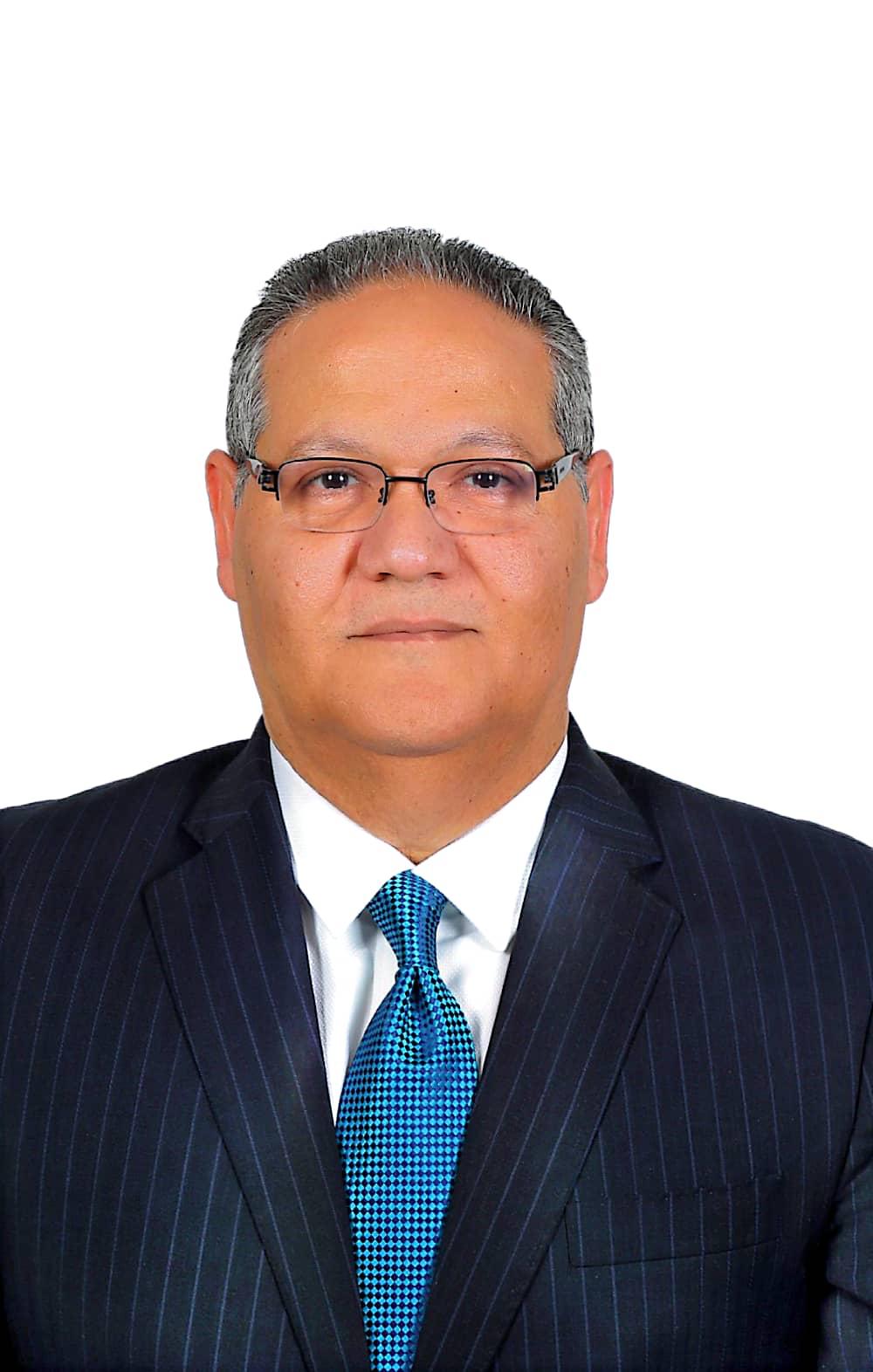
Consultant Forensic Medical Examiner and Editor in Chief Egyptian Journal of Forensic Sciences
Dr. Magdy Abdel Azim Abdel Latif Kharoshah is a distinguished Consultant Forensic Medical Examiner. He holds an M.B.B.Ch. from Cairo University (1992), and M.Sc and M.D. (2005) degrees in Forensic Medicine from El Mania University, Egypt. He is a Fellow of the Faculty of Forensic and Legal Medicine of the Royal College of Physicians – London, UK. Dr. Kharoshah is officially registered as a Consultant Forensic Medical Examiner in both Egypt and Saudi Arabia.
His extensive career includes roles as a Forensic Medical Examiner in Egypt's Ministry of Justice (1996-2014) and, since 2008, as a Consultant Forensic Medical Examiner in Dammam, Saudi Arabia. He has significantly contributed to medical education, including teaching postgraduate students for the Saudi board in forensic medicine. Dr. Kharoshah also holds positions as a member of the exam committee for the Saudi Board of Forensic Medicine and is a certified item writer and case designer for the Saudi Commission for Health Specialties. He also serves as an adjunct professor in the department of forensic medicine, Kasturba Medical College, India.
A notable leader in forensic sciences publishing, Dr. Kharoshah founded and serves as Editor-in-chief of the Egyptian Journal of Forensic Sciences, the first international forensic science journal in the Middle East, Arab, and African countries. This open-access, peer-reviewed journal is indexed in Scopus, ESCI (Web of Science), and DOAJ. He is also the Vice President of the International Association of Law and Forensic Sciences. With an H-index of 19 and over 1200 citations, Dr. Kharoshah has co-authored numerous book chapters and published extensively in peer-reviewed journals.